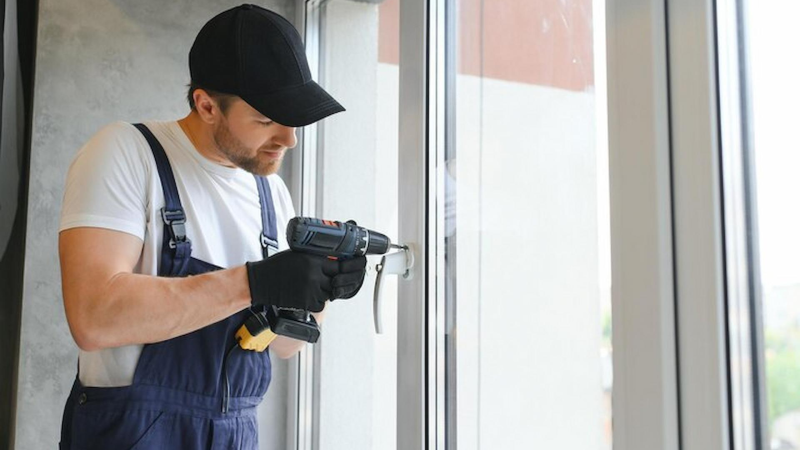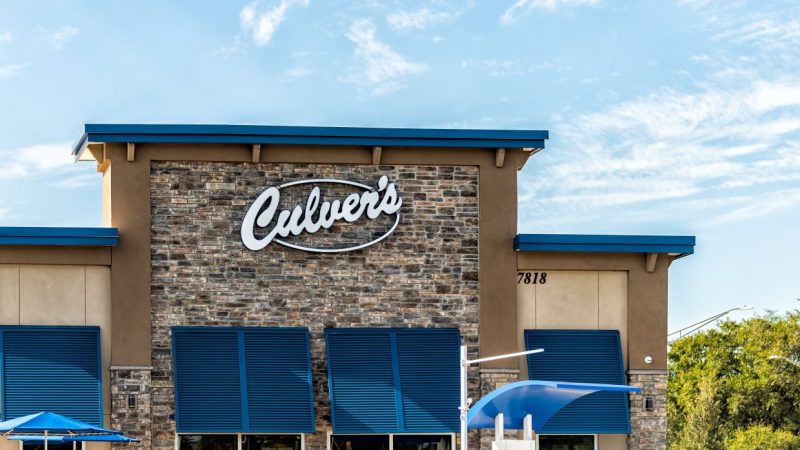The Dark Side of the Road: Unraveling the Dangers of Bad Tow Trucks

As we navigate the busy highways and byways of our daily lives, encountering a breakdown or a fender bender can be a stressful experience. In such situations, tow trucks are often our saving grace, coming to the rescue to tow away our vehicles and ease the tension. However, not all tow trucks are created equal, and there exists a shadowy underbelly within the towing industry – the realm of bad tow trucks. In this article, we will delve into the various facets of bad tow trucks, exploring the dangers they pose to unsuspecting motorists and the need for increased awareness.
The Rise of Bad Tow Trucks:
Towing, once considered a noble profession aimed at assisting stranded drivers, has unfortunately fallen victim to unscrupulous practices. Bad tow trucks have proliferated in recent years, taking advantage of vulnerable individuals during their most distressing moments on the road. These rogue operators engage in predatory towing, employing unethical tactics to maximize their profits while leaving drivers in dire straits.
Predatory Towing Practices:
One of the most prevalent issues associated with bad tow trucks is predatory towing. This nefarious practice involves tow truck operators actively seeking opportunities to tow vehicles, often through dubious means. Unscrupulous tow truck drivers may patrol parking lots, streets, and accident scenes, scanning for potential targets to tow away without the vehicle owner’s consent.
These operators may exploit legal loopholes or employ deceptive practices, such as offering seemingly helpful services only to tow the vehicle away without the driver’s knowledge. Illegally parked cars, minor accidents, or even vehicles left unattended for a brief moment become easy prey for these bad tow trucks.
Exorbitant Fees and Hidden Charges:
Another common grievance with bad tow trucks is the imposition of exorbitant fees and hidden charges on unsuspecting drivers. Once a vehicle is hooked and towed, drivers are often hit with shockingly high towing and storage fees. Some bad tow truck operators exploit the urgency of the situation, demanding immediate payment in cash and leaving motorists with little room for negotiation.
Hidden fees, such as administrative costs and release fees, can further escalate the financial burden on drivers. In some cases, bad tow truck operators may hold vehicles hostage until these inflated fees are paid, adding insult to injury for already distressed vehicle owners.
Lack of Regulation and Oversight:
The proliferation of bad tow trucks is exacerbated by the lack of consistent regulation and oversight within the towing industry. While some regions have stringent regulations in place to govern towing practices, many areas lack comprehensive guidelines, allowing bad tow trucks to operate with relative impunity.
The absence of standardized licensing, certification, and ethical guidelines for tow truck operators creates an environment ripe for abuse. Without proper oversight, bad tow truck operators continue to take advantage of unsuspecting motorists, tarnishing the reputation of the entire towing industry.
Protecting Yourself from Bad Tow Trucks:
As a driver, understanding how to protect yourself from bad tow trucks is essential in navigating the potential pitfalls of the towing industry. Here are some practical tips to help you avoid falling victim to predatory towing practices:
- Know Your Rights: Familiarize yourself with local towing regulations and your rights as a vehicle owner. Being aware of the maximum allowable fees, towing distance limits, and the required signage for private property towing can empower you to challenge unfair practices.
- Document the Scene: In the event of an accident or breakdown, document the scene by taking photos of your vehicle, its location, and any relevant signage. This documentation can serve as valuable evidence in case you need to dispute towing charges or report unethical practices.
- Ask for Identification: Request proper identification and licensing information from the tow truck operator before consenting to any services. Legitimate tow truck drivers are required to display their credentials upon request.
- Get a Written Estimate: Before allowing your vehicle to be towed, ask for a written estimate of the towing and storage fees. This can prevent surprise charges and give you the opportunity to compare prices if you have multiple towing options.
- Use Reputable Towing Services: Research and identify reputable towing companies in your area. Establishing a relationship with a trusted towing service in advance can save you from making hasty decisions during stressful situations.
Conclusion:
While tow trucks play a crucial role in assisting drivers during emergencies, the existence of bad tow trucks poses a significant threat to motorists. Predatory towing practices, exorbitant fees, and a lack of industry oversight contribute to the negative reputation of some tow truck operators. By understanding your rights, documenting the scene, and being cautious in your interactions with tow truck operators, you can protect yourself from falling victim to the dark side of the road. It is imperative for authorities and communities to work towards implementing and enforcing robust regulations to ensure the towing industry operates ethically, providing a reliable and trustworthy service to those in need.
- What is a bad tow truck? A bad tow truck refers to a towing service that engages in unethical practices, such as predatory towing, exorbitant fees, and hidden charges, often taking advantage of vulnerable motorists during distressing situations.
- What is predatory towing? Predatory towing involves tow truck operators actively seeking opportunities to tow vehicles, often through deceptive means. This may include patrolling parking lots, streets, and accident scenes to tow vehicles without the owner’s consent.
- How can I identify a bad tow truck? Bad tow trucks may display predatory behavior, such as aggressively offering services without being requested, patrolling areas frequented by stranded motorists, and demanding immediate cash payments. Legitimate tow truck operators are transparent about fees and provide identification upon request.
- What are common unethical practices of bad tow trucks? Unethical practices include imposing exorbitant fees, holding vehicles hostage until inflated charges are paid, and engaging in predatory towing without proper authorization. Some bad tow trucks exploit legal loopholes or use deceptive tactics to tow vehicles without the owner’s knowledge.
- Can bad tow trucks operate legally? In some cases, bad tow trucks may exploit loopholes in regulations, but their practices are generally considered unethical and may violate local towing ordinances. Legitimate tow truck operators adhere to established regulations, licensing requirements, and ethical standards.
- What should I do if my vehicle is being towed without my consent? If you witness your vehicle being towed without your consent, contact local law enforcement immediately. Provide them with all relevant details, including the tow truck’s identification, location, and any evidence of deceptive practices. Legal authorities can intervene to stop the tow and address the situation.
- How can I protect myself from bad tow trucks? Protect yourself by knowing your rights, documenting the scene of an accident or breakdown, asking for proper identification from tow truck operators, getting written estimates of towing fees, and establishing a relationship with reputable towing services in advance.
- Are there regulations for the towing industry? Regulations for the towing industry vary by location. While some areas have comprehensive regulations governing towing practices, others may lack consistent oversight. It is essential to familiarize yourself with local towing ordinances and rights as a vehicle owner.
- What are hidden charges in towing services? Hidden charges in towing services may include administrative fees, release fees, and other additional costs that are not initially disclosed. Bad tow truck operators may use these hidden charges to inflate the overall cost of towing services.
- How can communities address the issue of bad tow trucks? Communities can address the issue of bad tow trucks by advocating for stronger towing regulations, encouraging transparency in pricing, and raising awareness about unethical towing practices. Supporting reputable towing companies and reporting instances of predatory towing can also contribute to positive change.
Remember that staying informed, knowing your rights, and being proactive in your interactions with tow truck operators are crucial steps in avoiding the pitfalls associated with bad tow trucks. If in doubt, seek assistance from local law enforcement or reputable towing services to ensure a fair and ethical resolution to towing-related issues.






